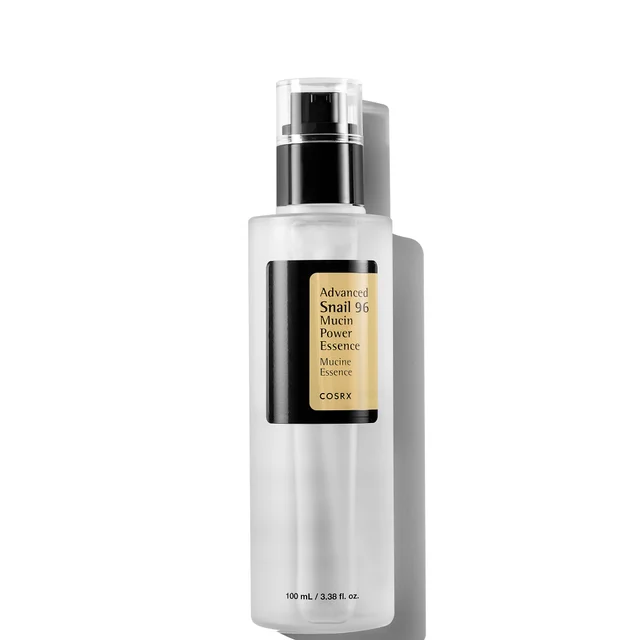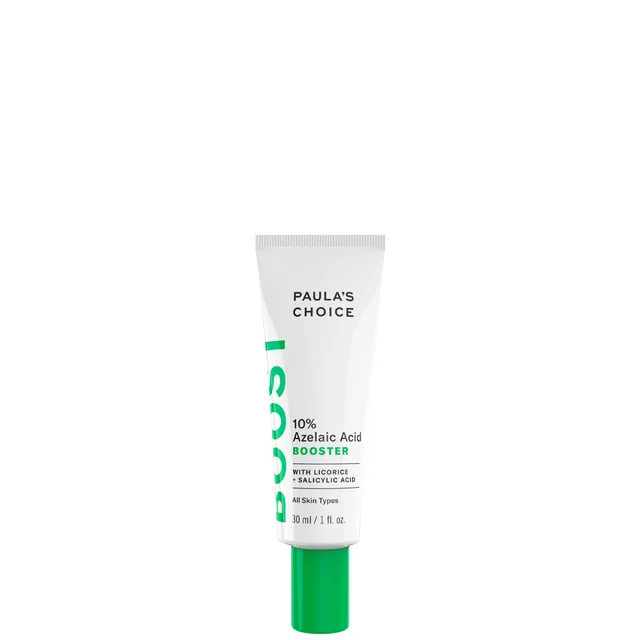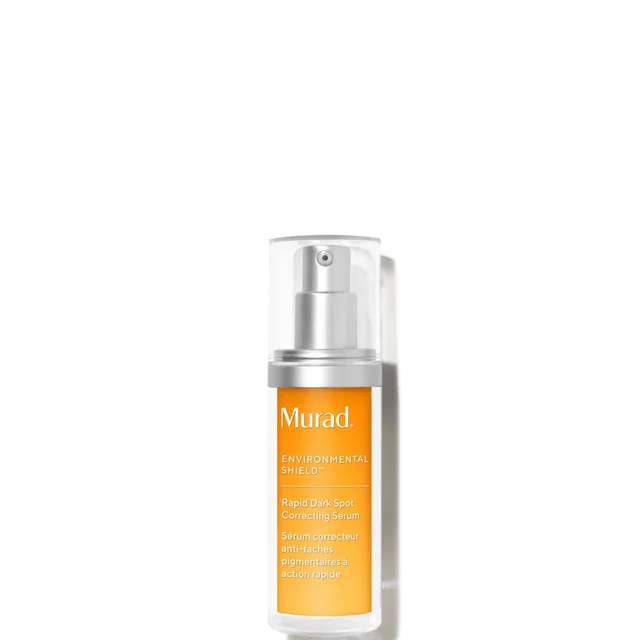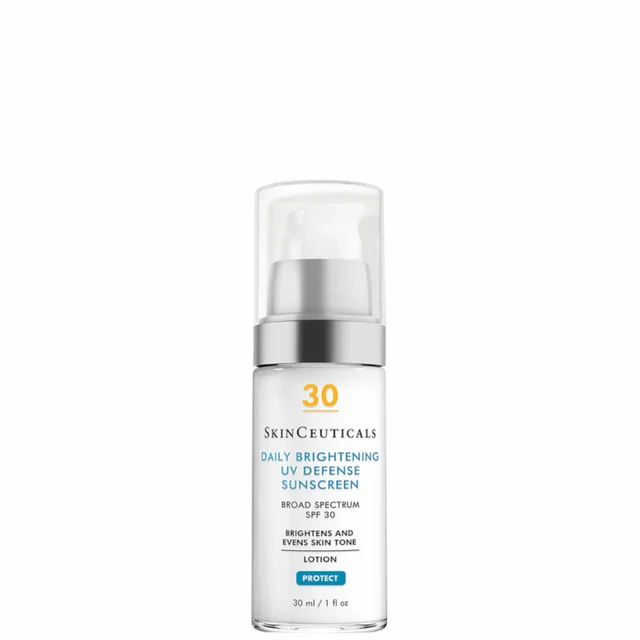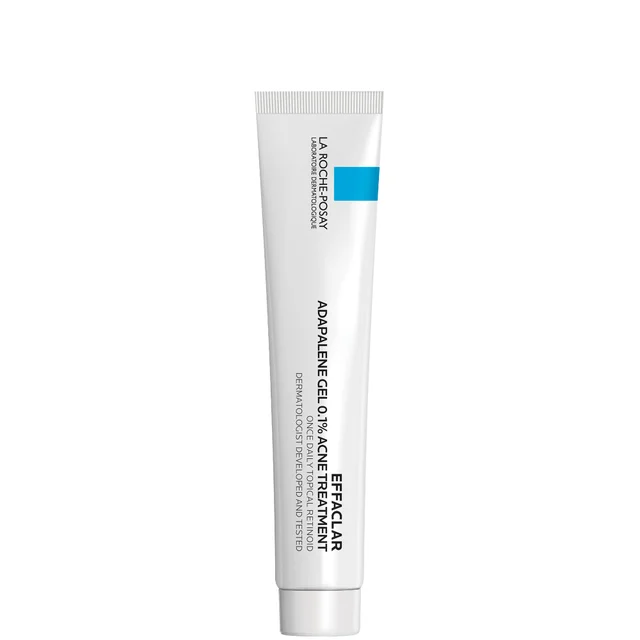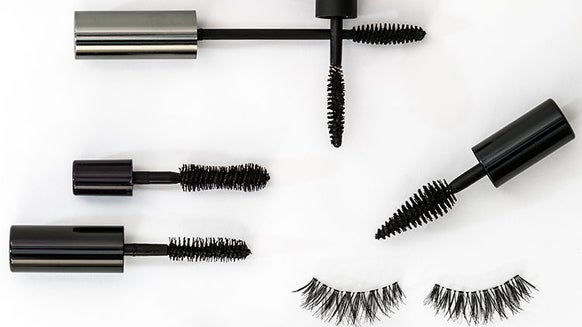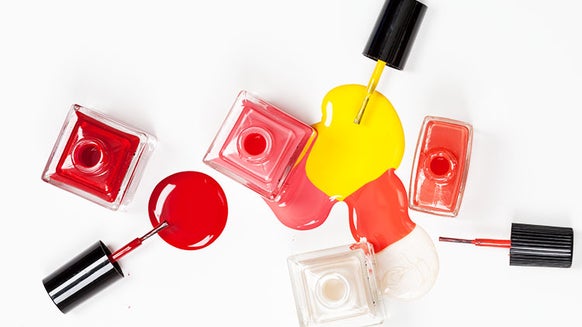Unveiling the Best Skin Care Products for Melanin-Rich Skin
Picking out a product that’s specially formulated for your skin type is one thing, but making sure it also addresses the specific concerns of your skin tone is another. This is particularly true for those with melanated-skin as deeper complexions can have unique needs that require extra care and attention. For one, although melanin-rich skin is not as susceptible to early signs of aging like fine lines and wrinkles, it’s more prone to hyperpigmentation and discoloration. So, how do you pick out the best skincare products for melanated-skin? We break down everything you need to know, below.
Table of Contents:
- Understanding Melanin-Rich Skin
- Key Considerations for Melanin-Rich Skin
- The Bottom Line
- Shop Top Skin Care Products for Melanin-Rich Skin
Understanding Melanin-Rich Skin
Before we dive into the importance of choosing skincare products for melanated-skin, it’s crucial that we first understand how a deeper complexion is different from other skin tones. The skin’s surface contains pigment-producing cells called melanocytes, which produce melanin that gives the skin its color. The more melanin is produced, the deeper the complexion becomes—as is the case with melanated-skin, or those that fall under Types IV–VI of the Fitzpatrick Scale.
Aside from giving the skin its unique tone, melanin also acts as a protective buffer against the sun’s harmful rays. In one study, researchers found that melanated-skin sustains lesser UV-induced DNA damage than lighter skin tones and is also more efficient at ridding the skin of damaged cells, lowering the risk of skin cancer. This is one reason melanin-rich skin doesn’t display signs of aging at the same rate as lighter skin tones, with some studies showing that deeper complexions appear smoother and firmer.
But just as melanin-rich skin has its own unique benefits, it also comes with a few skin-tone-specific concerns, particularly hyperpigmentation and discoloration. “Skin that is melanated has a lower incidence of skin cancers because the increased levels of melanin and larger melanosomes lead to better photoprotection. However, with more melanin, people of color have more post-inflammatory hyperpigmentation after trauma and inflammatory conditions like eczema, acne, and other rashes,” explains Kemunto Mokaya, MD, a board-certified dermatologist in Houston, TX.
Redness from sensitivity and inflammatory skin conditions is also trickier to spot in melanated-skin, says Dr. Mokaya, and is often misdiagnosed as it can present as brown, purple, or gray patches. Without proper diagnosis and treatment, this can cause more pigmentation and discoloration issues for the skin, causing uneven skin tone.
Additionally, melanated-skin tends to be on the oilier side due to having a larger pore size compared to lighter skin tones. Overactive oil glands make the skin more likely to experience breakouts, which, in turn, leave marks and blemishes that can appear darker and last longer in deeper skin tones.
Key Considerations for Melanin-Rich Skin
While melanated-skin offers some form of built-in protection against UV rays, this doesn’t make skin of color immune to photodamage. These include signs of aging, such as sun spots or lentigines, loss of firmness, redness, and uneven texture.
In the case of melanin-rich skin, Dr. Mokaya says, “Sun protection is vital in preventing premature aging, and despite melanin, people with skin of color should still use sunscreen and practice other sun protective measures.” This means applying (and reapplying) a broad-spectrum sunscreen with SPF 30 or higher that can shield the skin from both UVA and UVB rays.
Another way to prevent and treat hyperpigmentation in melanated-skin is by paying closer attention to the skin’s natural barrier. “We know that in the case of melanated-skin, a strong skin barrier will not only protect the skin from wrinkles as it does in all skin types, but also from post-inflammatory hyperpigmentation,” explains San Francisco-based doctor of internal medicine Simran Sethi, MD, founder and medical director of RenewMD Beauty & Wellness.
To help strengthen your skin barrier, Dr. Sethi recommends turning to ingredients that support skin cell regeneration and barrier repair. “Retinol increases cell turnover rate, which will repair fine lines and pigment. Using a lipid-rich moisturizer with it ensures the skin’s lipid barrier is maintained and post-inflammatory hyperpigmentation is avoided.
And if you’re considering adding skin-brightening ingredients to your routine to help address discoloration, Dr. Sethi says to proceed with caution, adding that it’s best to steer clear of bleaching ingredients that focus on reducing your skin’s melanocytes. “Bleaching ingredients, or hydroquinone, can increase inflammation and result in more hyperpigmentation,” says Dr. Sethi. “For darker skin tones, I would recommend avoiding bleaching agents unless you are under the supervision of a physician and limiting the use of chemical exfoliants and face scrubs to twice a week.”
Instead, opt for skin-brightening and antioxidant-rich ingredients that encourage cell renewal and prevent UV-induced free radical damage without disrupting your skin’s natural flora and triggering other skin conditions. “These include retinol, vitamin C, and non-hydroquinone lighteners like daisy flower extract, as well as components that improve the skin’s hydration and oil production and properly cleanse the skin to allow for better product absorption,” adds San Diego-based facial plastic surgeon Amir Karam, MD.
In fact, hydration is crucial for melanin-rich skin that is oily and acne-prone. “Melanin skin that is acne-prone and oily will get more pigmented and oilier if it is over-dried. When dark skin gets too dry, it stimulates increased pigmentation and even more oil as the skin’s goal is to always maintain a strong lipid barrier,” explains Dr. Sethi.
To keep your skin hydrated while preventing acne and inflammation, Dr. Sethi recommends gentle antioxidants and powerful hydrators like green tea and hyaluronic acid.
The Bottom Line
While melanin-rich skin is inherently less susceptible to early signs of aging and sun damage, it also comes with its own unique needs. Hyperpigmentation, discoloration, and dark spots are some of the most common skin concerns, regardless of skin type, but these tend to appear more pronounced and last longer in deeper skin tones.
When it comes to pampering skin of color and preserving your youthful complexion, it’s important to choose products and formulas with multitasking ingredients that target dryness, uneven skin tone, and hyperpigmentation without the risks of irritation, inflammation, and over-stimulation of pigment-producing cells.
Shop Top Skin Care Products for Melanin-Rich Skin
1. COSRX Advanced Snail 96 Mucin Power Essence (3.38 fl. oz.)
2. Allies of Skin Tranexamic and Arbutin Advanced Brightening Serum 30ml
3. Paula's Choice 10 Azelaic Acid Booster (1 fl. oz.)
4. Murad Rapid Dark Spot Correcting Serum 1 oz
5. Eminence Organic Skin Care Bright Skin Licorice Root Booster-Serum 1 fl. oz
6. SkinCeuticals Daily Brightening UV Defense Sunscreen (1 fl. oz.)
7. La Roche-Posay Effaclar Adapalene Gel 0.1% Retinoid Acne Treatment (1.6 oz.)
8. Hero Cosmetics Mighty Patch Micropoint for Dark Spots (Pack of 8)

Janeca Racho is a Journalism graduate with over 15 years of writing experience. After getting her start in public relations and advertising, she made the switch to freelance writing and began working for various lifestyle, fashion, and travel brands. Her love for all things skincare has led her to beauty reporting and research for the last ten years. Writing for several hair and beauty blogs, she reports on anti-aging staples, trending brands and products, must-have ingredients, and health and wellness.
Related Posts

8 Things to Know Before Dyeing Your Hair From Blonde to Brown, According to Hair Pros

